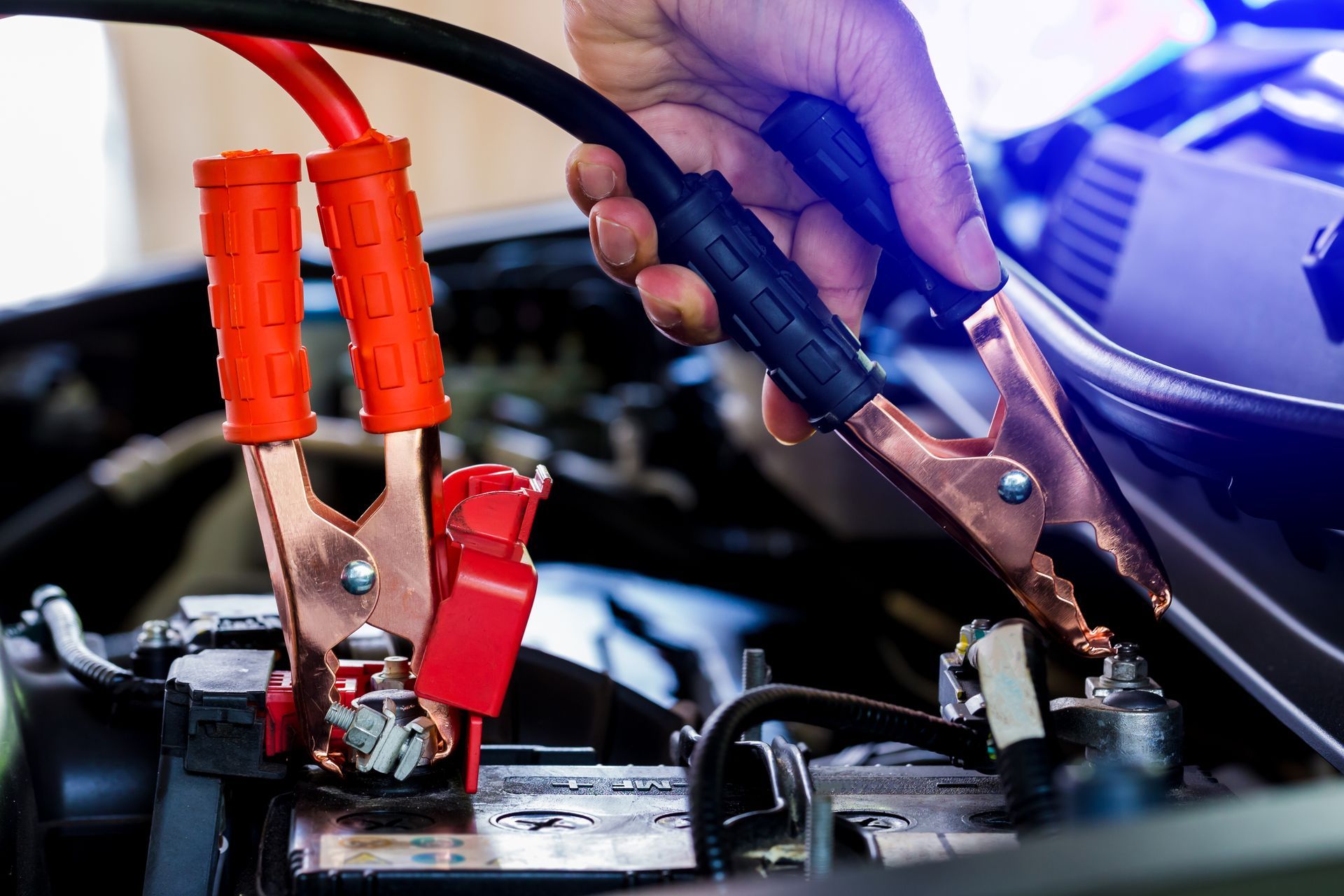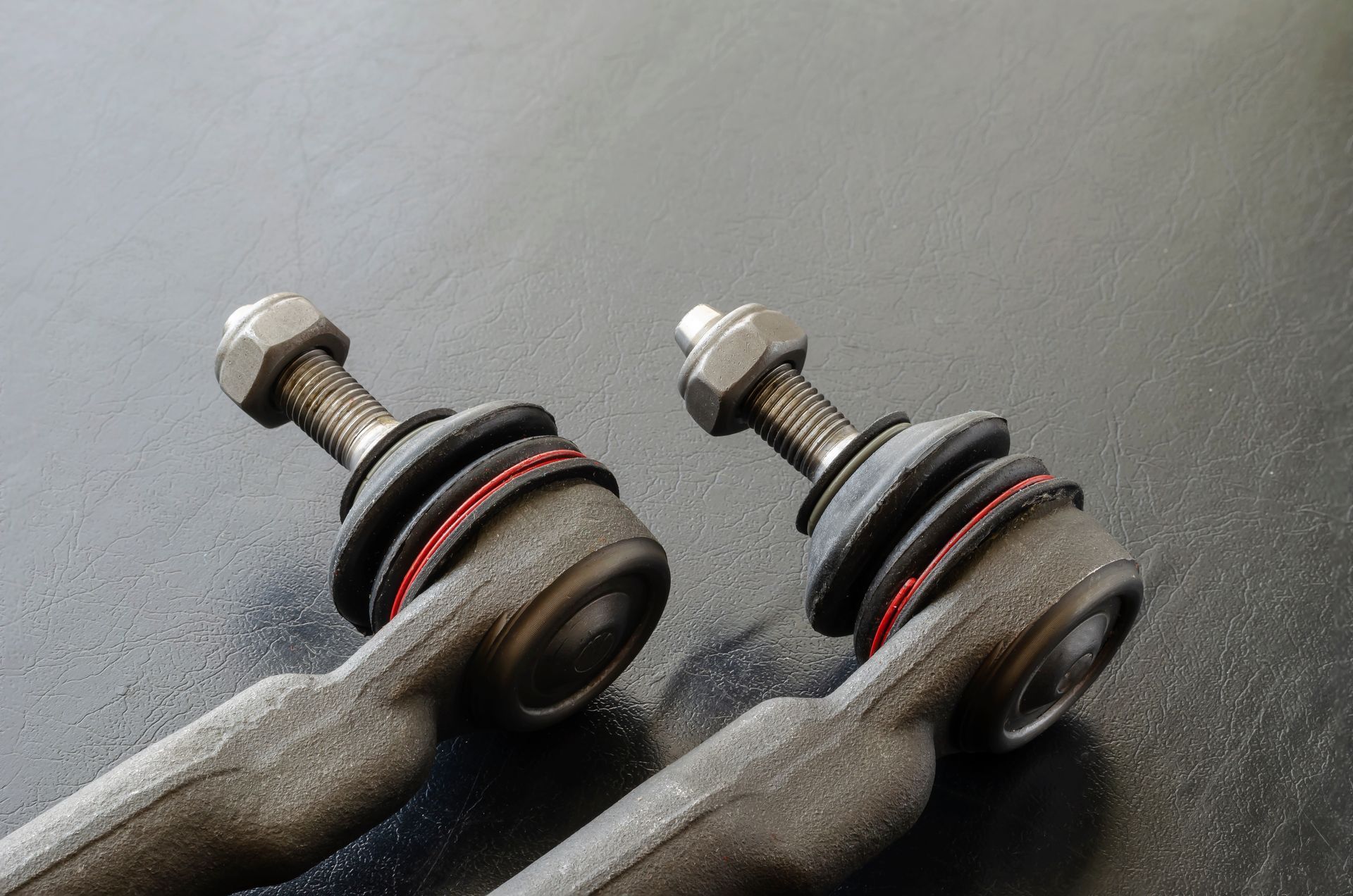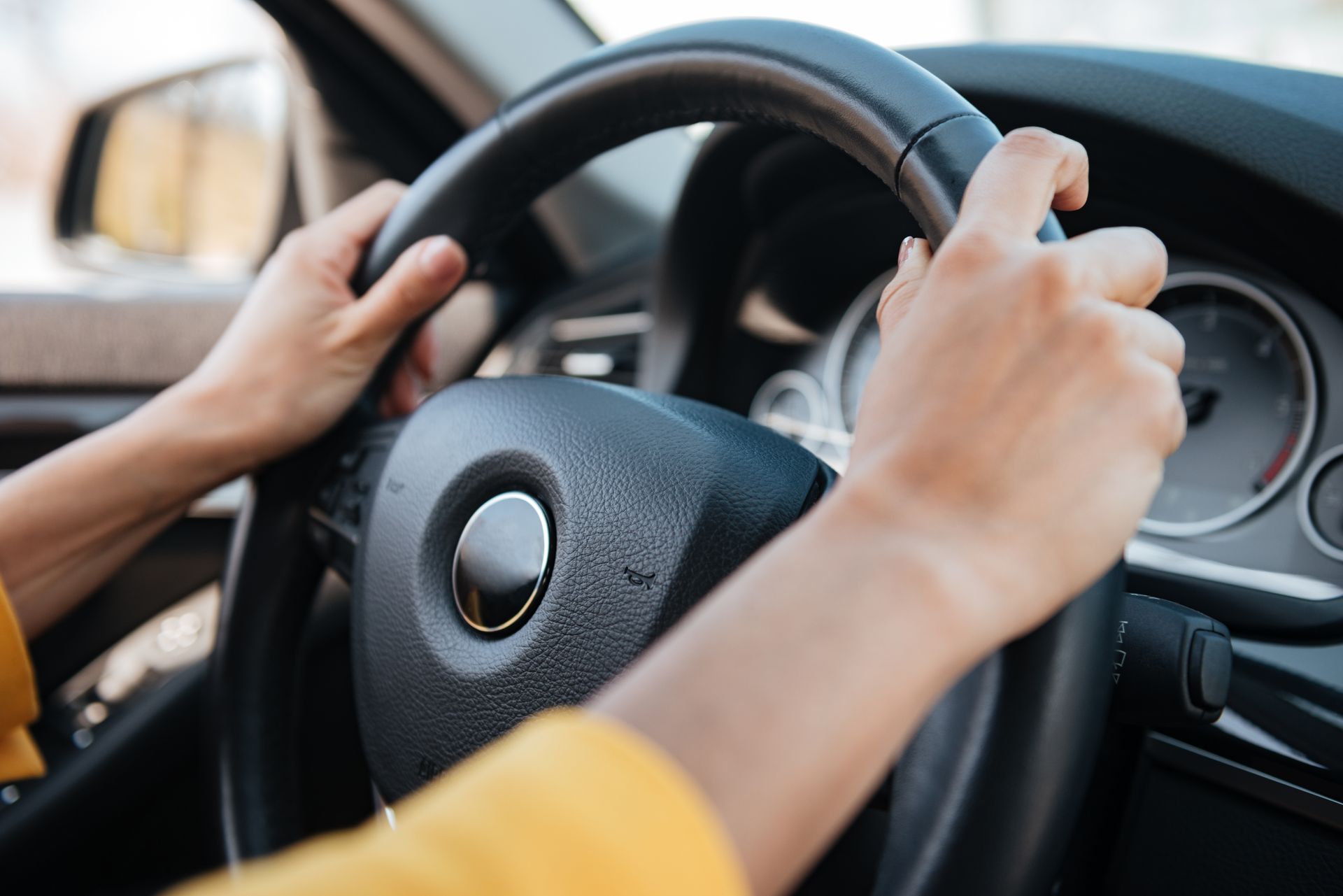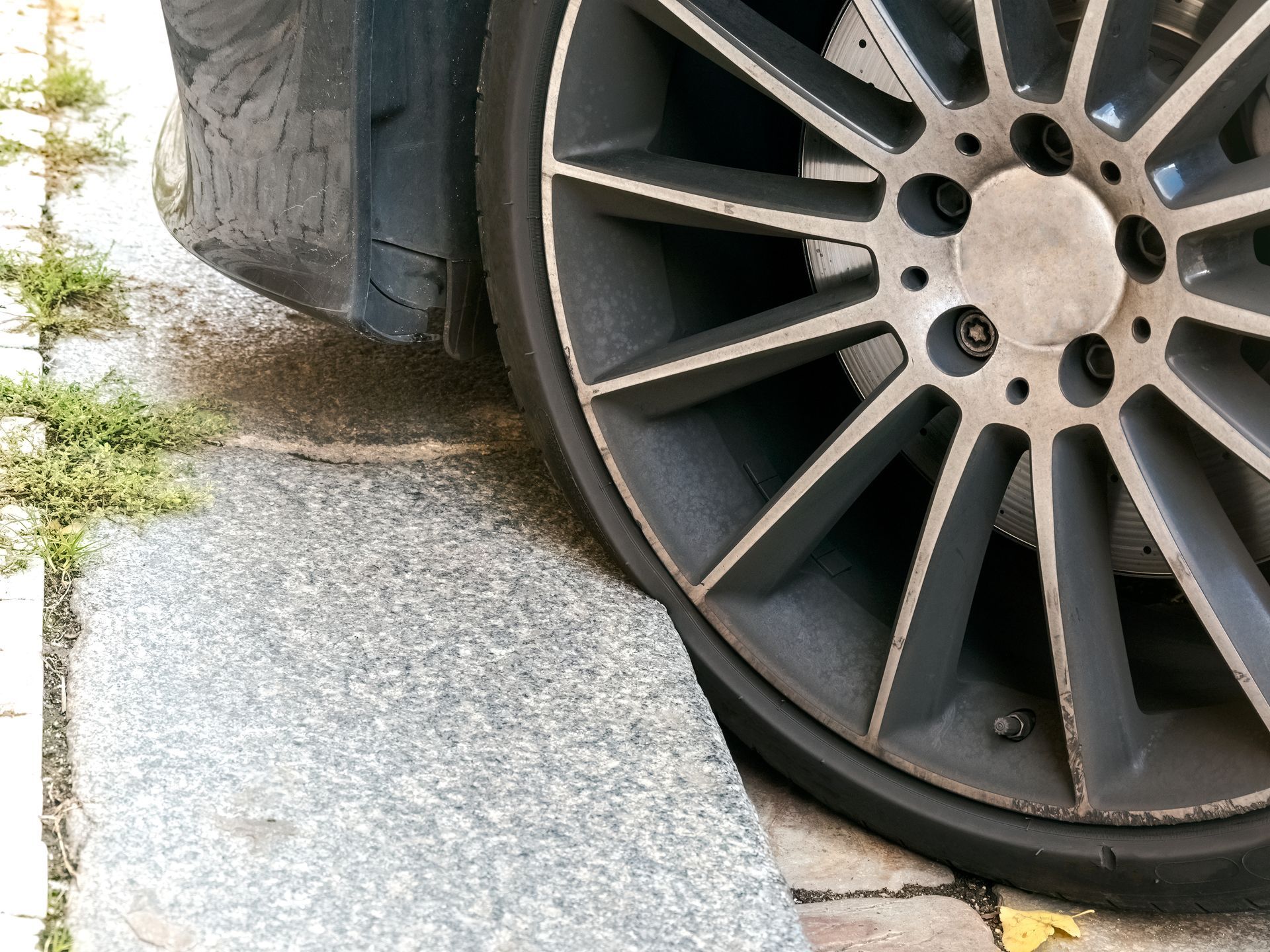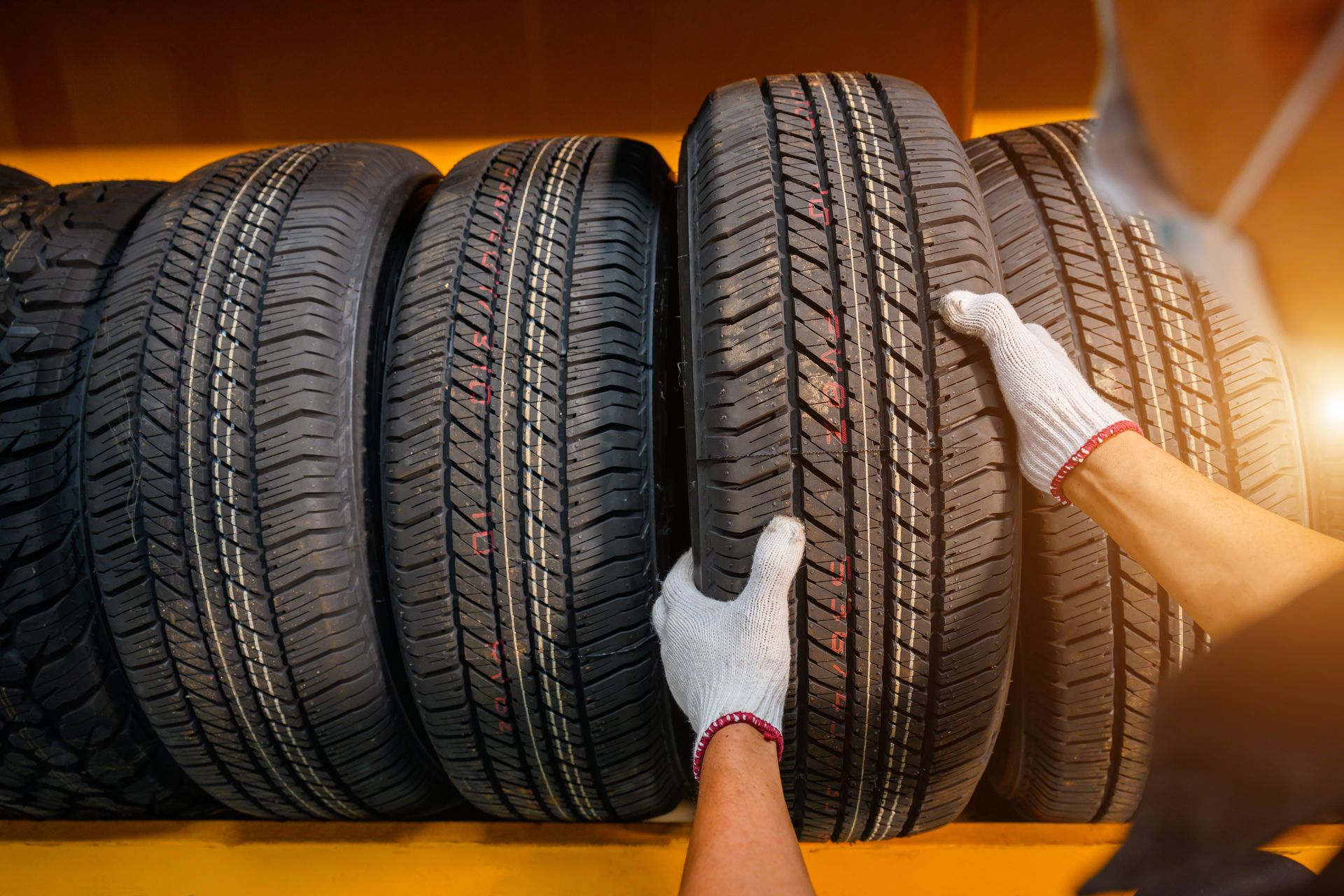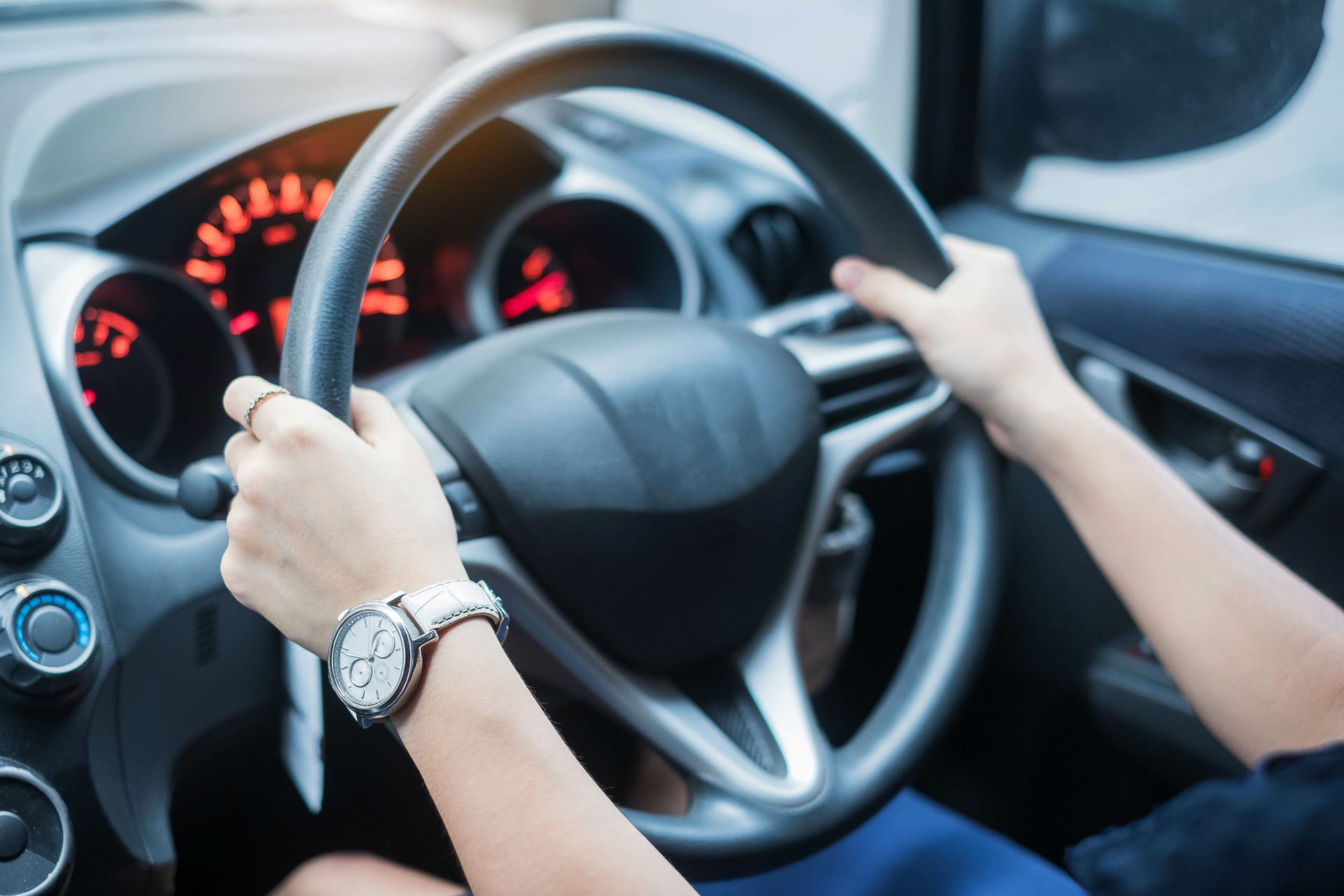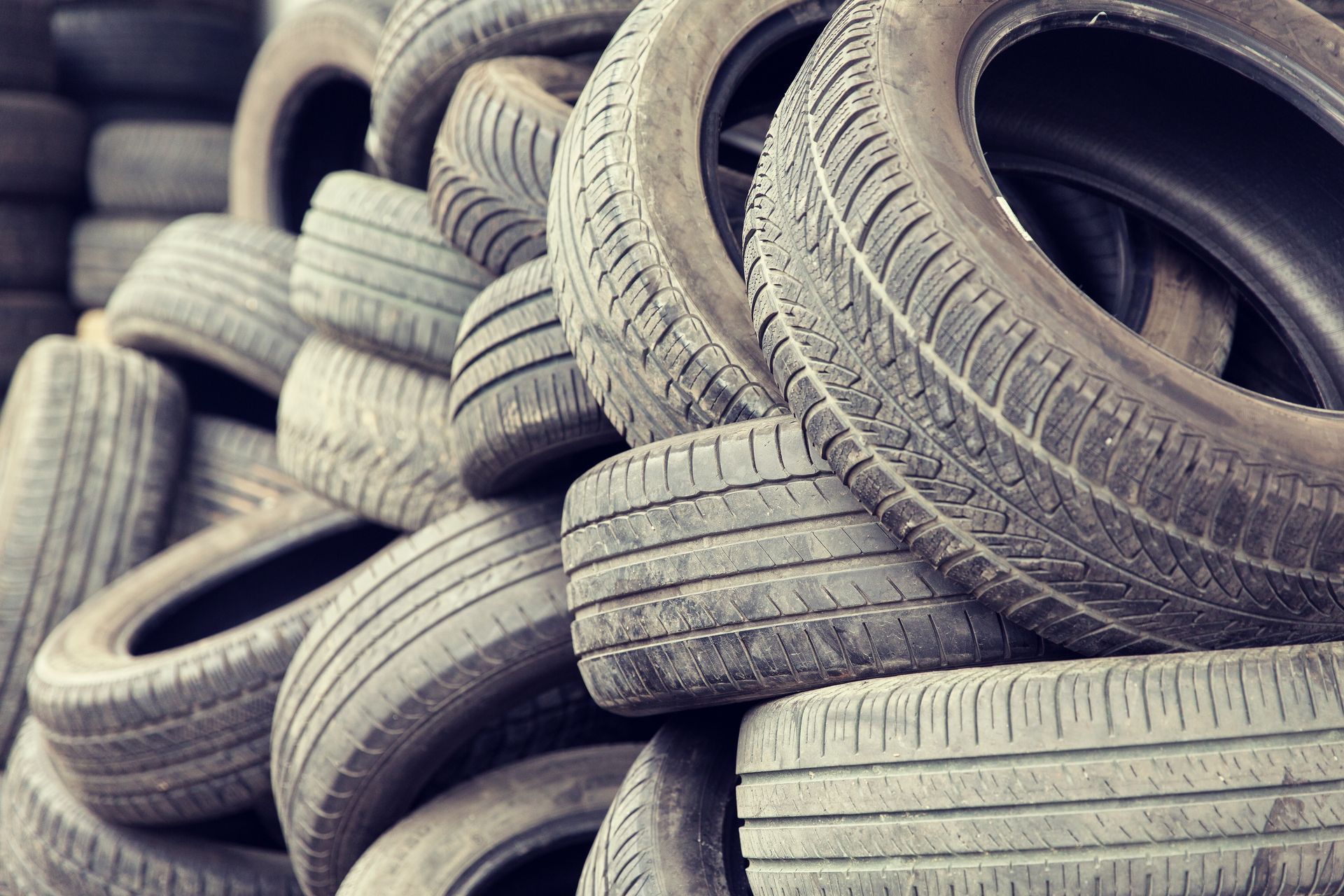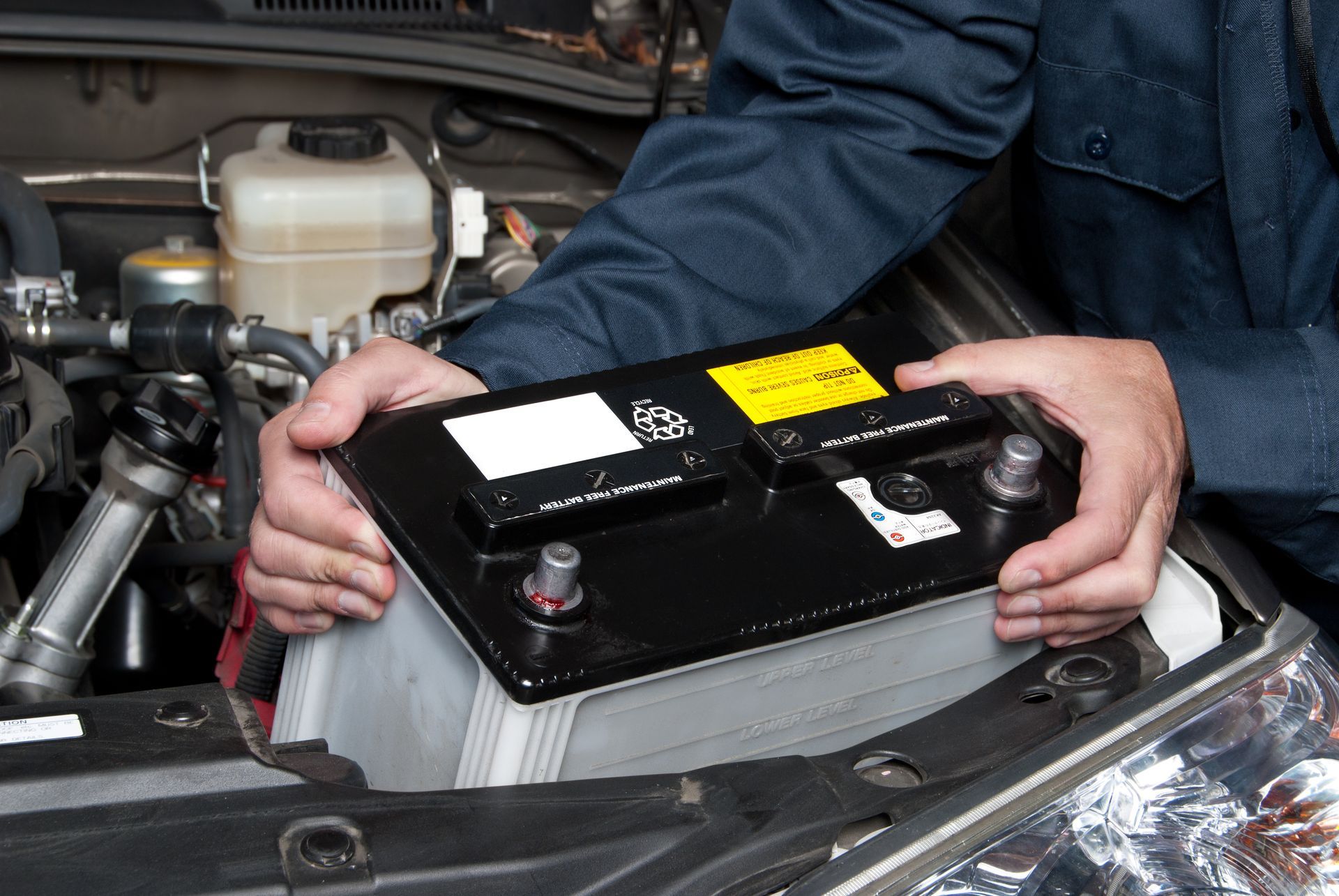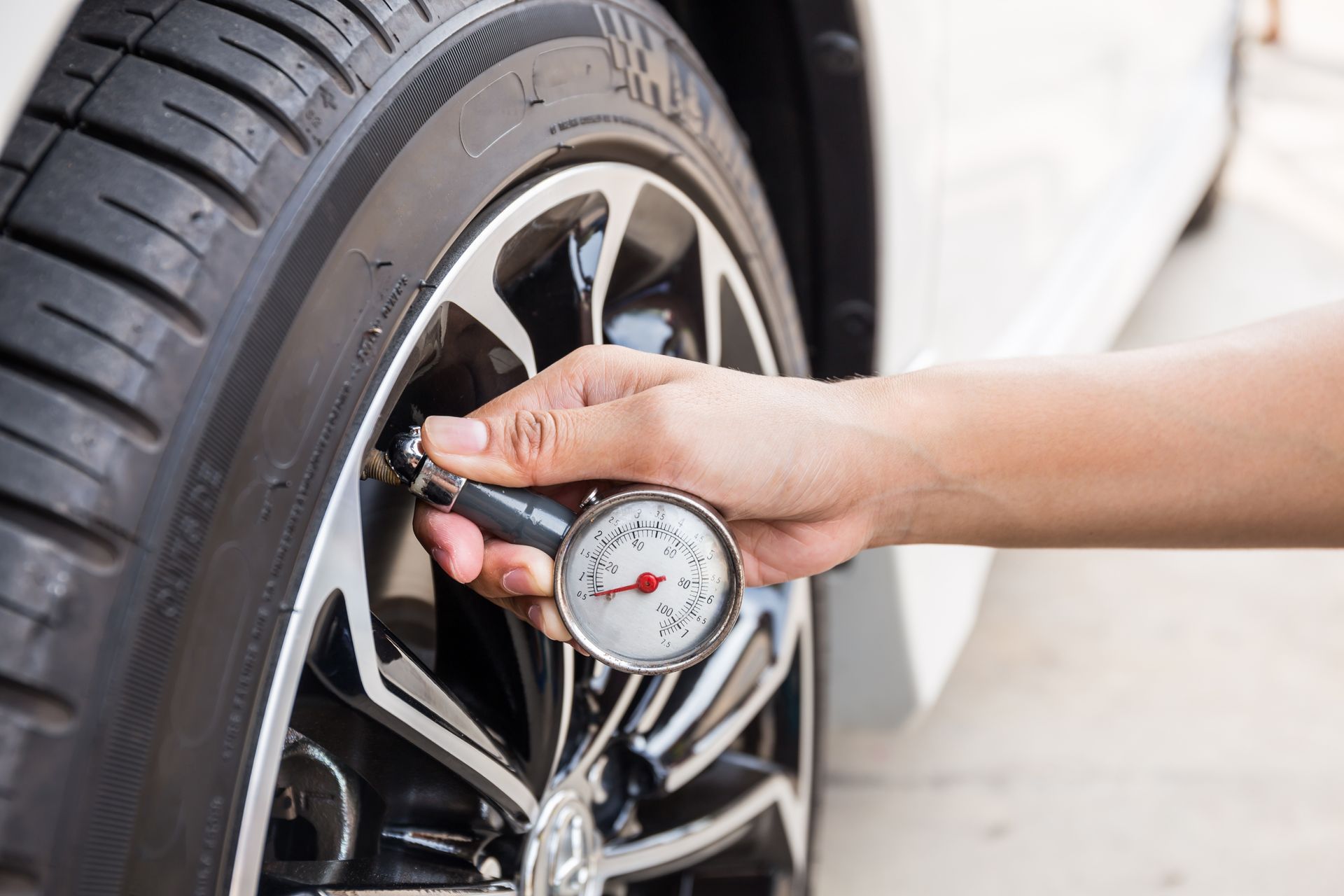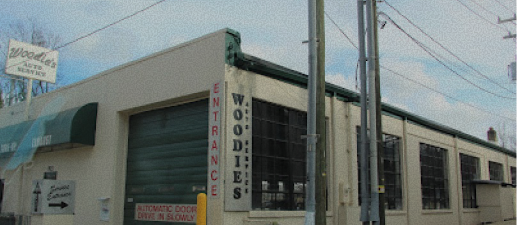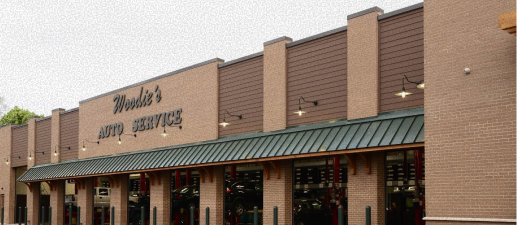Why Should You Make Brake Inspections a Priority?
September 27, 2024
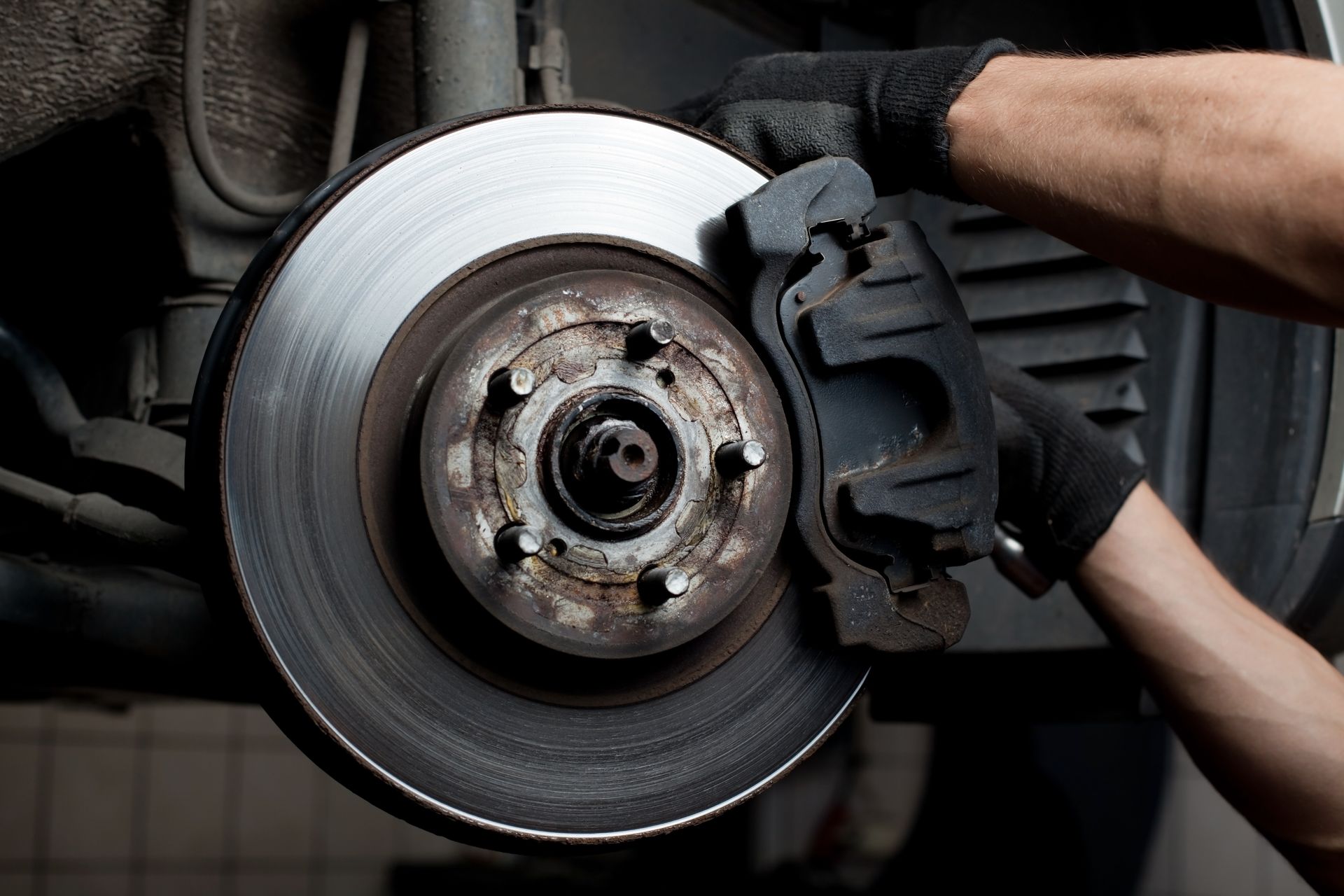
Your car's brake system is one of its most critical safety components. Whether you're navigating busy city streets, cruising down the highway, or dealing with sudden obstacles on the road, your brakes must always be ready to perform. Despite this, many drivers overlook the importance of regularly inspecting their brake system. Brake maintenance is not just about replacing worn-out pads—it's about ensuring every part is functioning optimally for safety, longevity, and peace of mind. So, why should you make brake inspections a priority?
Why Regular Brake Inspections Are Essential
When was the last time you had your brakes checked? If you're scratching your head trying to remember, it's probably been too long. Regular brake inspections help to catch small problems before they turn into major, costly repairs—or worse, lead to accidents. The reality is, your car’s brake system is subjected to intense wear and tear each time you drive. Braking forces friction and heat to build up, gradually wearing down your brake pads, rotors, and even affecting brake fluid.
Regular brake checks ensure that every part of your braking system is functioning correctly. Worn brake pads, leaking fluid, or damaged rotors can make stopping your car harder and more dangerous. Ignoring the early signs of brake wear can also increase the likelihood of brake failure, especially during emergency stops. A simple inspection every few months can prevent this and help maintain your car's braking efficiency.
Signs That You Need a Brake Inspection
While regular brake inspections are a good idea, how can you tell if your brakes need attention before your next scheduled check? Here are some common signs that your brakes may be in trouble:
Squeaking or Grinding Noises
If your brakes are making high-pitched squealing noises, it's often a sign that your brake pads are wearing thin and need replacing. Grinding noises, on the other hand, may indicate metal-on-metal contact, which could lead to rotor damage if left unaddressed.
Vibration When Braking
If you feel your steering wheel or brake pedal vibrate when you apply the brakes, this could mean your brake rotors are warped. Warped rotors reduce braking efficiency and can cause uneven wear on your brake pads.
Pulling to One Side
If your car pulls to one side when braking, this could be a sign of uneven brake pad wear or a stuck brake caliper. In either case, an inspection is needed to pinpoint and resolve the issue.
Brake Warning Light
If your brake warning light illuminates on your dashboard, it's a clear sign that your brake system needs immediate attention. This could indicate low brake fluid, worn-out pads, or another more serious issue.
Spongy Brake Pedal
If your brake pedal feels spongy or goes all the way to the floor when you press it, this could indicate air in the brake lines or a brake fluid leak. Both situations are serious and require immediate attention.
What Happens During a Brake Inspection
Wondering what exactly happens during a brake inspection? It’s not just about eyeballing the brake pads. A thorough inspection checks all components of your braking system. Here's a breakdown of what to expect:
Brake Pads and Shoes
The technician will inspect the thickness of your brake pads and shoes to ensure they still have life left in them. Thin brake pads are a sign it’s time for a replacement.
Rotors
The condition of your brake rotors will be assessed. Warped, cracked, or worn-down rotors can affect how smoothly your car stops and should be replaced if damaged.
Brake Fluid Levels
The level and condition of your brake fluid will be checked. Brake fluid should be clear and free from contaminants. If it’s dark or dirty, it might be time for a brake fluid flush.
Brake Lines
Brake lines will be inspected for any signs of wear, rust, or leaks. Leaking brake lines reduce the pressure needed to properly stop your vehicle and can be dangerous.
Calipers and Hardware
The calipers and brake hardware are checked for any signs of malfunction or wear. Sticking or damaged calipers can lead to uneven braking and increased wear on your brake pads.
How Often Should You Get a Brake Inspection
The frequency of brake inspections depends on several factors, including how often and how hard you drive. As a general rule of thumb, it’s a good idea to have your brakes inspected every 6 to 12 months or whenever you get your tires rotated. This ensures that potential issues are spotted early, allowing you to stay ahead of expensive repairs.
For those who drive in extreme conditions—whether it’s heavy stop-and-go city traffic or mountainous terrain—it’s wise to have your brakes inspected more frequently. Driving habits also play a role; aggressive braking or towing heavy loads can wear your brakes out faster, necessitating more frequent checks.
Need a brake inspection? Don’t take chances with your safety. At Woodie’s Auto Service & Repair Centers , our experienced team will perform a thorough brake check to ensure everything is working as it should. Schedule your appointment today and drive with confidence!
